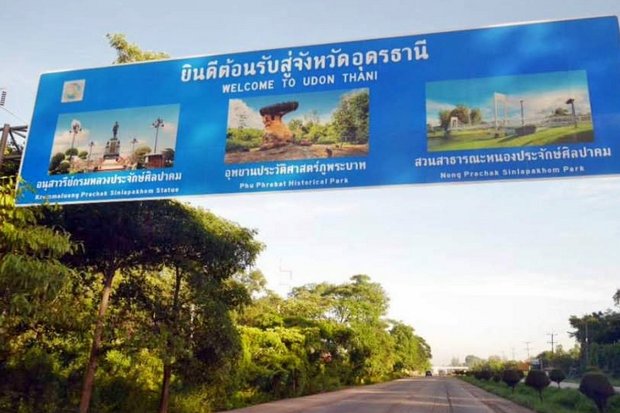
The Industry Ministry will make a proposal to the mobile cabinet today to acknowledge and approve a biochemical hub for Udon Thani province, part of efforts to raise crop prices.
The biochemical project is one of five sectors in the bioeconomy scheme, together with bioenergy, food, animal feed and biopharmaceuticals.
The bioeconomy scheme is part of the Pracha Rat (People's State) initiative, whereby the government will promote value-added agricultural products and increase local household incomes.
The bioeconomy plan has been implemented in northeastern and northern provinces since April, when the cabinet approved the measure.
The bioeconomy refers to all economic activities derived from scientific and research activity focused on biotechnology. The government plans to develop the biochemical project until 2027.
Under the scheme, the biochemical project is part of cooperation between the government and investors.
Khon Kaen, Nakhon Sawan and Kamphaeng Phet were previously chosen as biochemical hubs for cassava and sugar cane. Those three provinces, including surrounding areas, generate massive volumes of those crops.
Udon Thani will become the fourth province in the scheme.
Deputy Industry Minister Somchai Harnhirun said Udon Thani is one of the high-potential provinces in the Northeast for biochemical activity.
"With the mobile cabinet, the ministry officials will visit and meet with local farmers in five upper-northeastern provinces -- Udon Thani, Nong Khai, Bung Kan, Loei and Nong Bua Lam Phu -- this week," he said. "So we will promote those five provinces to increase productivity, household income, quality of life and the local economy."
The ministry will also meet and talk with the private sector in upper-northeastern provinces about new investment projects to drive the local economy. The private sector is calling for a new industrial estate in Udon Thani.
Mr Somchai said cassava and sugar cane are used as raw materials for many industries, including ethanol, bioplastics, food, bioenergy and biopharmaceuticals.
In 2017, 23 organisations spanning state agencies, private companies, universities and research centres signed a memorandum of understanding to drive bioeconomy development.
Companies such as Thai Beverage, Global Green Chemicals, Mitr Phol Group, Purac Thailand, Corbion Group and Kaset Thai International Sugar Corporation are interested in the biochemical plan.
The government aims for Thailand to be the biochemical hub of Southeast Asia by 2027.